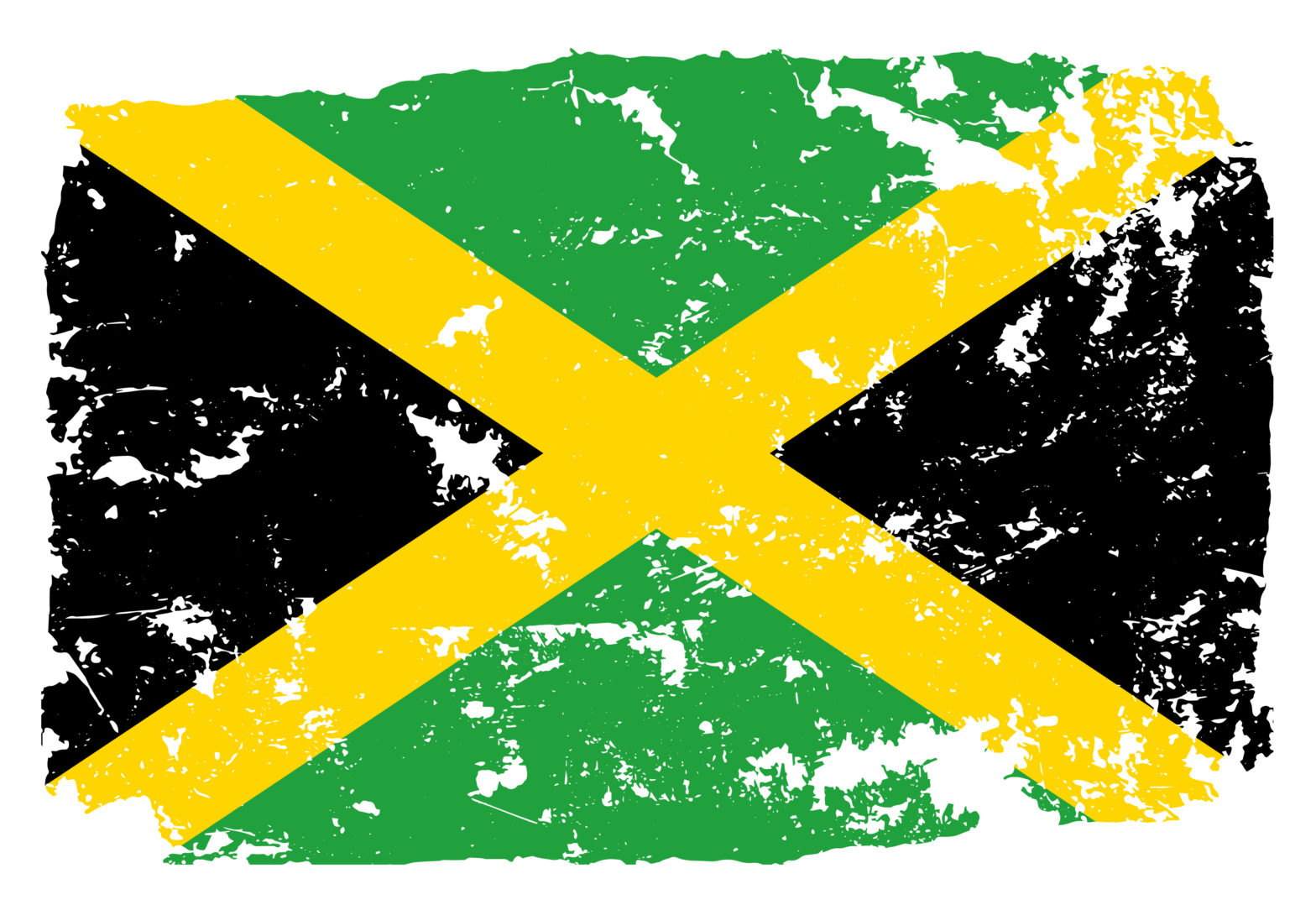Emancipation Day is celebrated on August 1st in Jamaica.
The day is often celebrated by re-enacting the reading of the Emancipation Declaration throughout the various town squares. Of particular note, too, is the celebration that takes place in Spanish Town, St. Catherine, which is where the initial Emancipation Declaration was read at midnight on July 31, 1838.
As the government of Jamaica reports, the celebration was first commemorated when the Jamaican slaves traveled to the mountaintops to watch the sunrise, as a symbolic gesture for the new beginnings in their lives. As dawn broke, their thanksgiving rituals extended to the churches throughout the land.
For many Jamaicans, freedom — which had long been fought for — was finally achieved. But for many more, the struggles had just begun.
Today, Jamaicans take the celebrations a step further by closing all government buildings and schools to stand in solidarity with their ancestors. And it’s not just celebrated on the island nation, either. Throughout the diaspora, Jamaicans celebrate their independence day, which — it should be noted — came just about 30 years before slaves in the United States were finally freed.
As you can imagine, there’s more to Emancipation Day than meets the eye. Here are five things you may not have known about this important holiday.
Britain didn't want slavery abolished
Thanks in no small part to modern Britain’s revisionist history, The Guardian reports that the Boris Johnson administration tried to propose that Britain’s role in slavery was to end it at all costs.
But the reality is, that it was in the British empire’s best financial interests to keep Africans throughout the diaspora enslaved. And Emancipation Day celebrates that hard-won struggle for freedom.
Emancipation Day granted freedom — not autonomy
Even after Emancipation Day, Jamaicans weren’t truly free. According to Human Rights Watch, governmental representation in Jamaica was subjected to the whims of the white ruling class, and poorer Jamaicans who didn’t own land weren’t entitled to vote or to expect representation in the government.
It took until 1944 for that income-based discrimination to be abolished in what was called Universal Adult Suffrage in Jamaica.
It took until 1962 to get autonomy
The Jamaica Constitution — established after Jamaica finally received political freedom from the United Kingdom — wasn’t ratified until 1962. That means Jamaican freedom was only truly achieved during some of our grandparents’ lifetimes.
The United Kingdom still refuses to pay reparations to Jamaica
It’s not just the American government that has an issue with providing reparations to the descendants of slaves.
As recently as 2015, then-UK prime minister David Cameron demanded that Jamaica “move on” from slavery times, and refused to even entertain a conversation about reparations or issue an official apology for Britain’s role in the Transatlantic Slave Trade, according to the Jamaica Gleaner.
But Lloyd's of London is providing reparations
“The pub chain and brewer Greene King and the insurance market Lloyd’s of London both revealed […] that they would be making the reparations,” reported The Guardian back in June of 2020, who added that the announcement came in the wake of the George Floyd murder and the subsequent outrage surrounding it.
